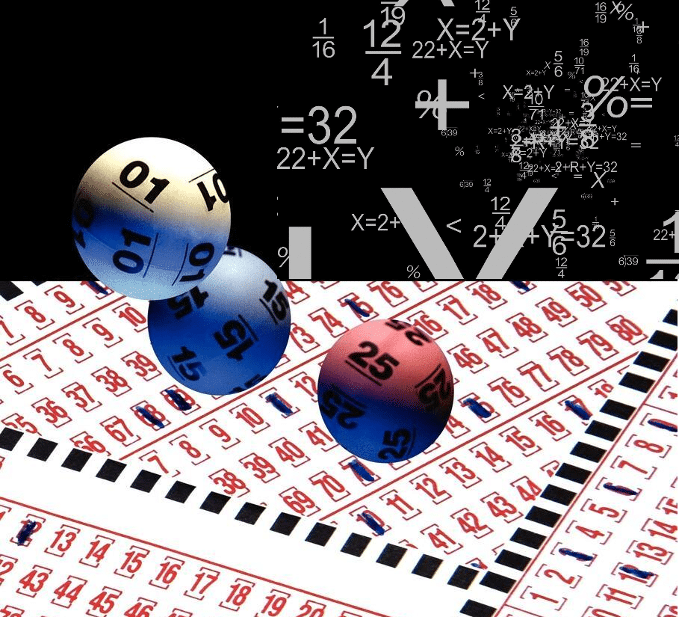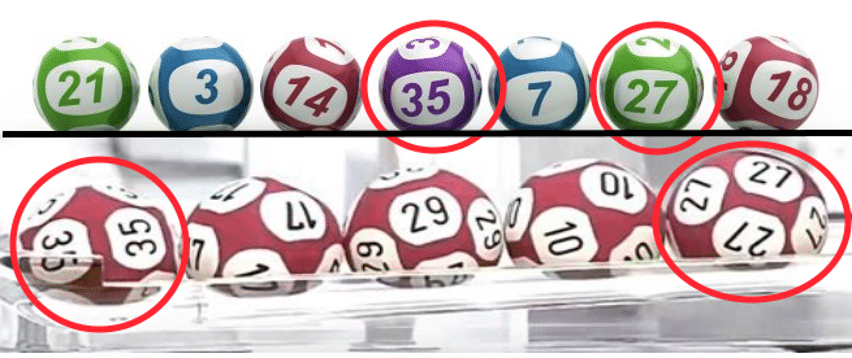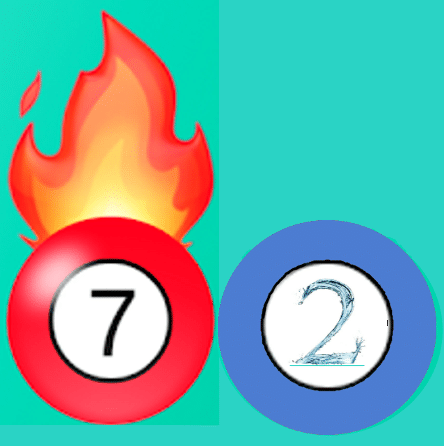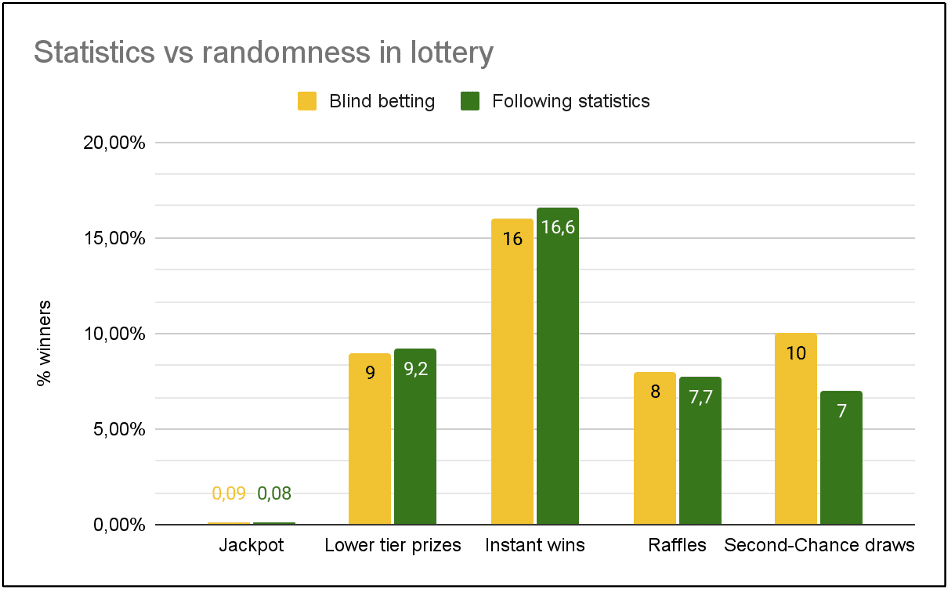Hey there, risk-takers! Lottery is an easy and extremely convenient form of gambling. It’s only natural that it became so popular. But with the popularity come many speculations, fake stories, and beliefs, from the most mythical to the ones that are close to what most people call ‘science’.

Today we’re going to talk about such things as appealing to statistics when choosing lottery numbers. It’s not an easy topic, but if you want to know more about gambling with no deposit bonuses for Australian site in general here https://fairgocasinoaus.com/no-deposit-bonuses and the lottery in particular, this read is a must for you.
Statistics is science, is it not?
Statistics is beyond doubt a science. However, referring to it in any situation is not scientific at all. Sometimes it can help a lot. But in the case of our topic, it is rather a misconception or even a deliberate manipulation.
Why so? Let us tell you straight up: the odds of hitting the jackpot are as slippery as a greased pig at a county fair. This is the only thing statistics can tell you about lottery. That doesn’t mean that those chances are totally equal to zero.
We’ve all heard the whispers of those so-called ‘lucky’ numbers and strategies, but let’s face the cold, hard facts. Picking those winning numbers is mostly like chasing rainbows in the desert, based on luck. Sure, some swear by their special methods, so should we bust those myths?
History Analysis
Some think they can crack the code by checking which numbers last showed up a while ago, especially those Powerball or Mega Millions digits. They reckon they’re ‘due’ to hit the scene.

Indeed, there is such a thing as ‘mathematical expectation’. The likelihood that an event that has not occurred many times will eventually happen increases with each unsuccessful attempt.
The point is that people are mistakenly interpreting this phenomenon. In reality, a coin can fall tails up a hundred times in a row, or even a thousand. Statistically (just statistically) it is almost impossible. However statistical situations are highly abstract. But you are tossing a very real coin.
Cluster Analysis

You might have heard about this idea that certain numbers like to hang out together, like old pals at the neighborhood bar. Like if you look at 100 last games and see that numbers 27 and 35 win together way too often your guess is likely to be correct.
Well, it’s not very pleasant to be the buzzkill, but this statement is absolutely false: randomness rules the roost. These numbers don’t have secret handshakes, they’re just playing a game of cosmic roulette. Numbers are independent unless game rules say otherwise.
Hot and Cold Numbers
Some lotteries hand out data like candy on Halloween, showing which numbers have been hot and which have been cold. Such a generous act for players to avoid those chilly numbers like they’re the plague, isn’t it?

This is similar to historical analysis. Truth is, it’s like preventing a sunburn by sticking to the shade – pointless! If there are 33 numbers to choose from on the ticket, each number has roughly a 3% chance of being in a winning combo.
Remember one thing: the results of previous games have no impact on the next games unless the rules say so directly (like the lottery holders themselves state that winning numbers are excluded from the next pull).
Demographic Data
Birthdays, anniversaries, and other personal data may seem like golden tickets to success. But let’s be real. There’s no evidence that aligning your lottery picks with your life events will help you snag that elusive win.
It’s true that in programming, RNG usually takes its seed from the current time. But it changes nothing when it comes to your lottery odds and especially to some specific days. You sure can place bets on specific numbers because you like them more than the others, just don’t expect your chances to be higher because of that.
Lottery and true cold statistics
Now, let’s get down to brass tacks. We’ve cooked up some charts to show you the cold, hard difference between following these methods and blindly trusting your gut. Take a gander at these numbers:

The numbers are very approximate, but they give a general understanding.
There’s little to no difference between these “strategies” and taking a wild guess. You can predict the weather with a crystal ball with the very same accuracy: it might look pretty, but it ain’t gonna help much.
So here’s the deal, friends. The only strategy that might give your odds a teensy-weensy boost is buying more tickets. But, let’s not kid ourselves, the house always keeps its poker face with the house edge thing. Statistics are a fun mental exercise, but lady luck’s the one calling the shots.
Does science study lottery?
If you found some things to your interest in this article, you may also reach out for more knowledge about the lottery. So we’d recommend checking out these five popular science books:
- “The Improbability Principle” by David J. Hand. Hand takes you on a journey through the wacky world of probabilities, explaining how lottery wins fit into the grand scheme of things.
David J. Hand is a seasoned statistician who’s all about demystifying probability and statistics for the everyday person.
- “The Lottery” by Shirley Jackson. A classic short story that’ll make you rethink your next scratch-off ticket.
Shirley Jackson is a celebrated American author, known for her iconic short stories, including “The Lottery” which leave readers pondering its deeper meanings.
- “How Not to Be Wrong: The Power of Mathematical Thinking” by Jordan Ellenberg. While not solely about lotteries, this book teaches you how to think mathematically in everyday life, which might come in handy.
Jordan Ellenberg is a mathematician and author who brings the power of mathematical thinking to life in relatable terms for a wide audience.
- “The Numbers Game: The Commonsense Guide to Understanding Numbers in the News, in Politics, and in Life” by Michael Blastland and Andrew Dilnot. Learn how numbers play tricks on us, including in the world of lotteries.
Michael Blastland and Andrew Dilnot specialize in dissecting how numbers influence various facets of our lives, including politics and everyday decision-making.
- “Taking Chances: Winning with Probability” by John Haigh. Haigh breaks down the mathematics of chance, including the lottery, into layman’s terms.
John Haigh is a mathematics expert who simplifies the intricacies of probability, making it accessible to readers without a math degree.
Conclusions
In conclusion, we can give you, fellow gamblers and risk-takers, an important piece of advice: remember that while gambling stories can be darn inspiring, you ought to approach casinos and lotteries with the same caution as a cat around a hot stove.
Statistics can be a fun game to play, but when it comes to the lottery, it’s luck that truly holds the keys to the kingdom. So, place your bets wisely, and may fortune favor you when the stars align. Good luck out there, lucky devils!
